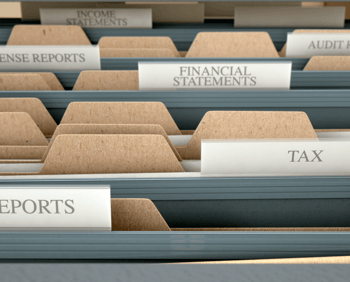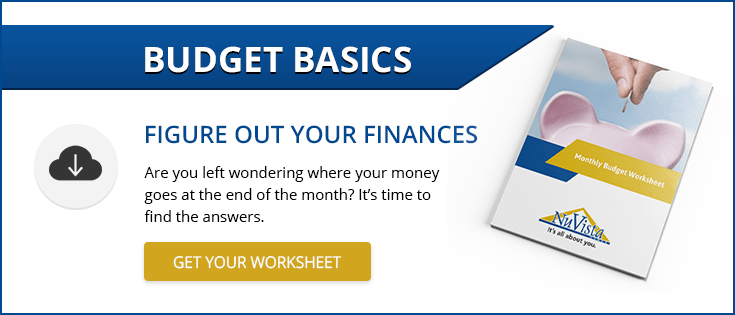 Last month, we gave you some practices for a better financial future and now we're back with more!
Last month, we gave you some practices for a better financial future and now we're back with more!
The end of the year can feel like a financial frenzy, where all our ignored bad habits come back to haunt us. If this sounds like your current reality, but you're determined to start next year off on the right track, read on.
1. Break Your Bad Habits One at a Time
Many people fail with their savings plans because they overextend themselves. They try to correct all of their mistakes at once, so they're easily frustrated and overwhelmed by their new limitations. Instead of going cold turkey on your bad habits, try to tackle your weaknesses one at a time. For example, you might cut out your daily trip to Starbucks that's costing you roughly $4 every morning (or $120 every month.)
 2. Identify Your Unnecessary Expenses
2. Identify Your Unnecessary Expenses
Speaking of Starbucks, you can save a lot of money by locating wasteful areas in your budget. The solution for overpriced, barista-made cappuccinos is homemade brews with your own coffeemaker; the solution for an expensive gym membership is investing in your own treadmill. Saving in little ways every day can have a big impact on your overall finances.
If you've been using our FREE monthly budget worksheet, it'll be easier to spot costly expense patterns that might be worth cutting out.
3. Rethink Your Investments
The end of the year is the perfect time to reflect on the investments you've made in the past 12 months. Which ones were successful? Do they have anything in common? How can you repeat them?
It also pays to figure out which investments aren't worth the money anymore. How much will you lose if you back out before the beginning of the year? How much will you gain in the long run?
 4. Take Baby Steps
4. Take Baby Steps
Again, you're just setting yourself up for failure by trying to do too much at once. Instead of making lofty goals with vague plans and promises, try to create specific, actionable plans with sustainable benchmarks. Maybe you start with one area at a time, such as your home, then look into creative ways to cut costs at home.
Measure your progress as you go to make sure that you're always staying in line. You're much more likely to succeed with daily, weekly, and monthly goals rather than generic five-year plans.
5. Stay Organized
This is especially important with end-of-the-year expenses on the horizon. You don't want to drown in a sea of bills, receipts, invoices, tax forms, and annual financial overviews, so do yourself a favour and start organizing now rather than later. Use things like colour-coded binders to keep yourself on top of your documents.
6. Remember Your Motivation
There's probably a reason why you're going to all of this trouble to save money. It might be as simple as having more cash to go to the movies; it might be as grand as getting your finances in order before a life-changing event like a new baby or to save up for your down payment on a custom-built home. Keep these things in mind whenever you need a burst of motivation in difficult times.
We hope our advice can help you break those bad habits, and avoid these end-of-the-year regrets in the future. With some careful planning, organization, and specific goals, your financial future can be one of cash flow instead of cash woes.





